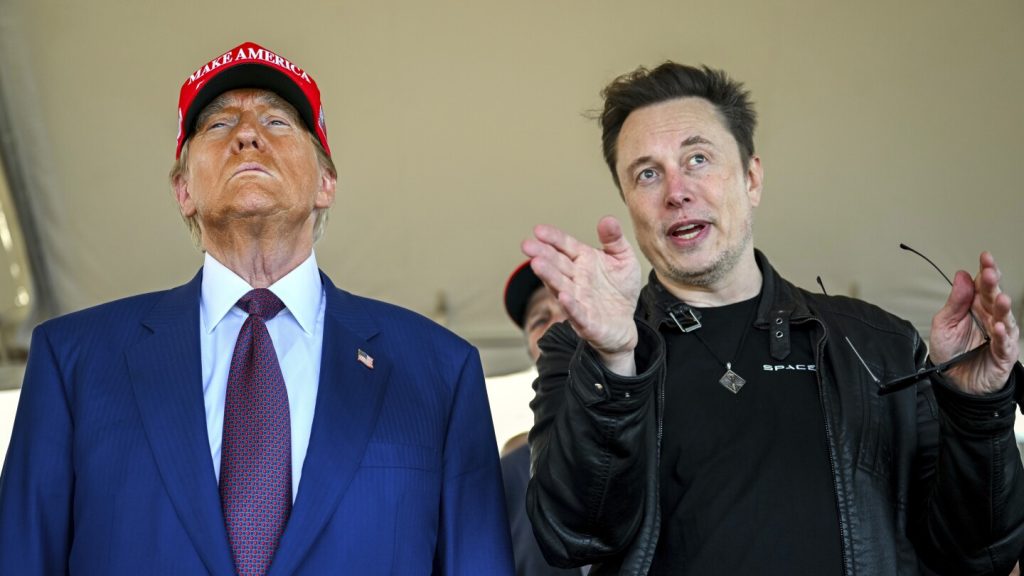On Friday, Musk defended his position in a tweet saying, “In my experience, these skill sets are net job creators. Visa reform makes sense.” He joins other tech leaders, including Facebook CEO Mark Zuckerberg and Facebook COO Sheryl Sandberg, in supporting the use of H-1B visas to bring skilled workers to the United States. This has caused a rift within Trump’s supporters, with hard-right members of his movement criticizing these tech industry leaders for pushing policies they believe are contrary to Trump’s “America First” vision. The debate has highlighted the divide within the conservative base on the issue of immigration and the use of visas.
The H-1B visa program allows U.S. companies to employ foreign workers in specialty occupations that require theoretical or technical expertise. Tech companies argue that these visas are critical for filling hard-to-fill positions with skilled workers that are not readily available in the U.S. Critics, however, argue that these visas can undercut American workers and lead to job displacement. The issue has become a flashpoint within the tech industry and a topic of discussion within Trump’s coalition.
Despite Trump’s past criticism of the H-1B visa program, he has acknowledged using the visas at his own properties in the past. In an interview with the New York Post, he praised the use of visas to bring skilled foreign workers to the U.S. and said, “I have many H-1B visas on my properties. I’ve been a believer in H-1B. I have used it many times. It’s a great program.” This statement reflects a shift in Trump’s stance on the issue and indicates that he may not take immediate action to change the current use of the visas once he takes office.
The divide within Trump’s coalition on the issue of immigration visas highlights the complexity of the debate around immigration policy in the United States. While some of Trump’s supporters have criticized tech industry leaders like Musk for their advocacy of the H-1B visa program, others within the coalition see the program as a valuable tool for attracting talent to the U.S. economy. The debate underscores the challenges of balancing economic interests with concerns about American workers and the impact of immigration on the labor market.
As Trump prepares to take office on January 20, the future of the H-1B visa program remains uncertain. While Trump has previously criticized the program and implemented policies to curb its use, his recent statements praising the program and acknowledging its benefits suggest a potential shift in his approach to immigration visas. The debate within his coalition reflects the larger debate within the country on immigration policy and the role of skilled foreign workers in the U.S. economy. It remains to be seen how Trump will navigate these complex issues as he takes office and faces decisions on immigration policy.


